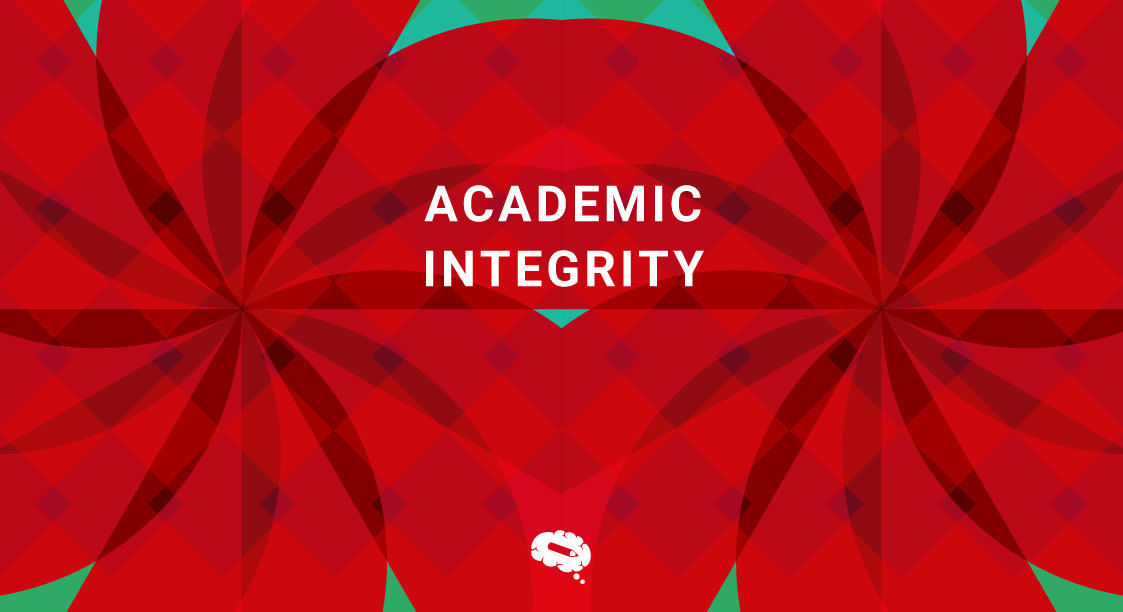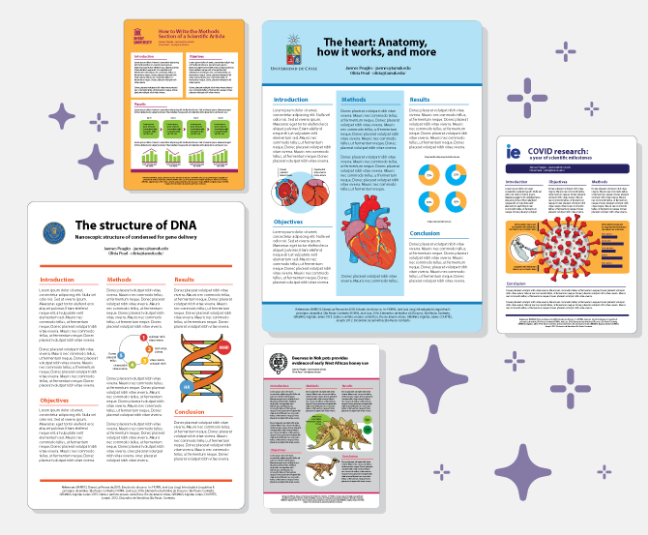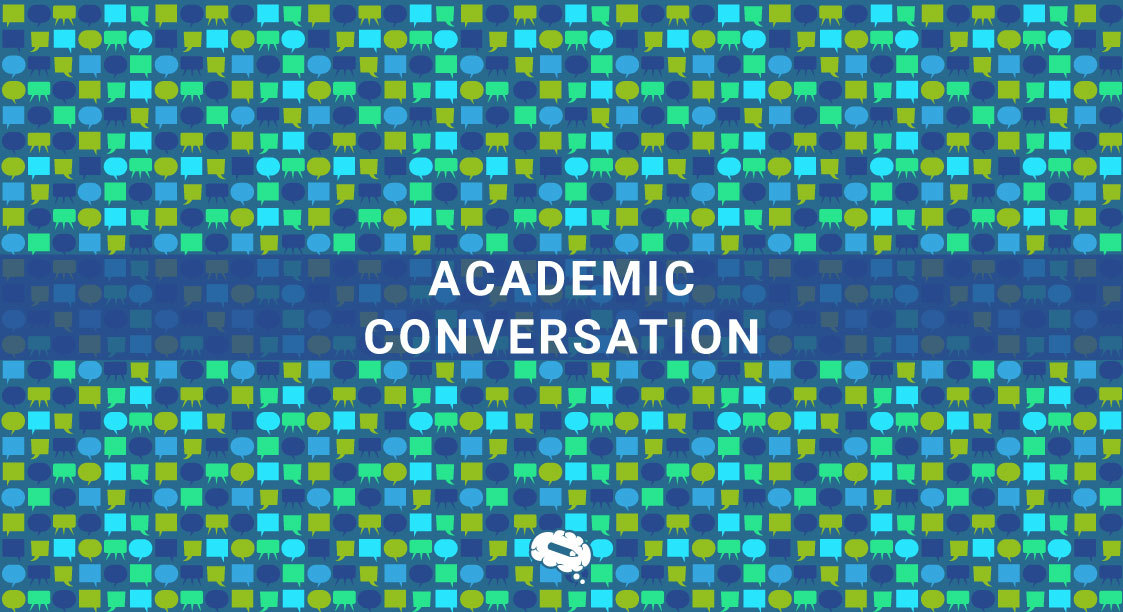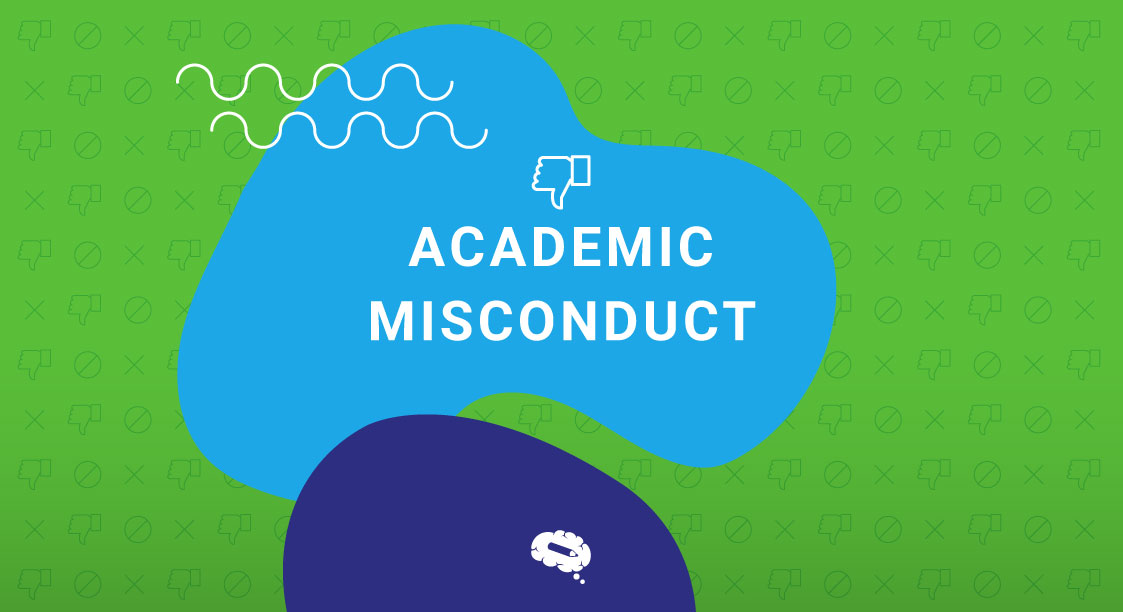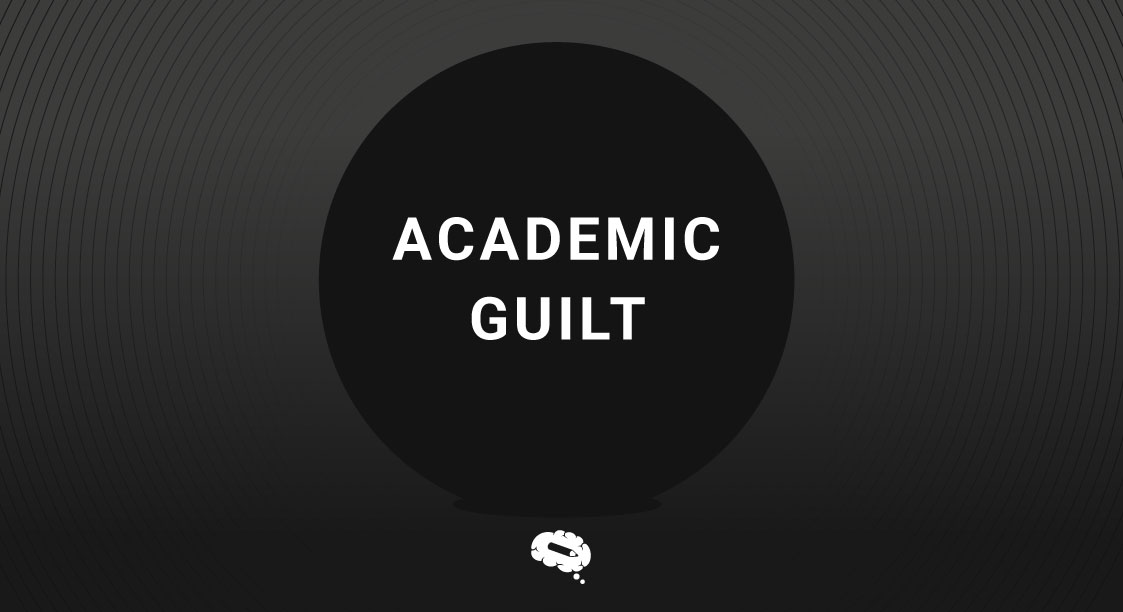Academic integrity encompasses a set of principles and values that guide students, educators, and institutions in the pursuit of learning and scholarship. It involves upholding honesty, ethical behavior, and respect for intellectual property.
This article explores the multifaceted concept of academic integrity, providing an in-depth overview of its definition, benefits, challenges, and strategies for its promotion. From examining different perspectives on academic integrity to shedding light on common types of violations, this comprehensive exploration aims to deepen your understanding of this crucial aspect of the educational landscape.
What Is Academic Integrity?
Academic integrity encompasses a range of values and behaviors including honesty, trustworthiness, fairness, and respect for intellectual property. It entails conducting oneself ethically in academic activities such as research, writing, exams, presentations, and collaborations. It involves upholding high standards of intellectual honesty, giving credit to sources, avoiding plagiarism, and maintaining the integrity of the learning process.
Related article: A Deep Dive Into The Importance Of Ethics In Science
Benefits Of Academic Integrity
- Nurtures a culture of trust, fairness, and respect among students and faculty
- Encourages critical thinking, creativity, and originality in academic work
- Enhances personal growth, ethical development, and moral reasoning
- Fosters a supportive learning environment conducive to collaboration and knowledge sharing
- Builds credibility and reputation for individuals and institutions
- Prepares students for ethical decision-making in their future professional careers
Challenges To Achieving Academic Integrity
- Increasing pressure to achieve academic success and competition among students
- Availability of online resources that can facilitate plagiarism and cheating
- Cultural differences and varying understandings of academic ethics
- Limited awareness and understanding of academic integrity policies and expectations
- The need for continuous monitoring and updating of policies and preventive measures
Also read: Plagiarism: What You Should Know and The Best Ways To Prevent It
Different Perspectives On Academic Integrity
- Student perspective: Understanding the importance of personal ethics, honesty, and responsible behavior in academic pursuits
- Faculty perspective: Promoting a culture of integrity, setting clear expectations, and designing assessments that encourage originality
- Institutional perspective: Implementing policies, honor codes, and disciplinary measures to ensure academic integrity is upheld
- Societal perspective: Recognizing the impact of academic integrity on the overall integrity and credibility of the educational system
Common Types Of Academic Integrity Violations
Academic integrity violations encompass a range of actions that undermine the principles of honesty and intellectual integrity within the academic realm.
Plagiarism stands as one of the most prevalent violations, involving the presentation of someone else’s work or ideas as one’s own without giving proper credit or attribution.
Another common violation is cheating, which occurs when individuals employ unauthorized resources or seek assistance during exams or assignments, compromising the fairness of the evaluation process.
Related article: Plagiarism vs. Copyright Infringement
Fabrication entails the falsification or invention of data, sources, or information, distorting the truth and misleading others. Collusion, on the other hand, involves unauthorized collaboration or individuals working together to produce individual work, breaching the guidelines that emphasize individual effort.
Lastly, unauthorized collaboration violates the regulations on individual work by engaging in collaboration with others without permission or outside the boundaries set by the assignment or course.
These various types of academic integrity violations undermine the principles of fairness, authenticity, and personal responsibility that are fundamental to the pursuit of knowledge and intellectual growth.
Strategies For Promoting Academic Integrity
Promoting academic integrity requires a comprehensive approach involving multiple stakeholders. Learn more about the following strategies:
Developing An Academic Honor Code
- Form a committee or task force comprising faculty, administrators, and students.
- Conduct research and review existing honor codes to identify best practices.
- Define the core values and principles that the honor code will embody.
- Draft the honor code, clearly outlining expected behaviors, consequences of violations, and the process for reporting and addressing violations.
- Seek input and feedback from the academic community, including faculty and students.
- Revise and refine the honor code based on feedback and consensus.
- Present the final honor code to the academic community for adoption and implementation.
- Provide education and training on the honor code to ensure awareness and understanding among students and faculty.
Establishing Clear Expectations For Students And Faculty
- Communicate academic integrity policies and guidelines to students during orientation and throughout their academic journey.
- Outline specific expectations regarding citation, referencing, collaboration, and use of external sources.
- Provide detailed instructions on assignments, exams, and projects to avoid ambiguity and ensure students understand the parameters of academic integrity.
- Offer examples and demonstrations of proper academic conduct and ethical behavior.
- Encourage students to seek clarification and ask questions regarding academic integrity expectations.
Creating A Culture Of Respect And Trust Among Students And Faculty
- Foster open and inclusive communication channels among students and faculty.
- Encourage collaboration and teamwork while setting clear boundaries to ensure individual accountability.
- Promote active listening, empathy, and understanding among students and faculty.
- Recognize and appreciate diverse perspectives, experiences, and contributions.
- Establish mentorship programs or peer support networks to promote positive interactions and mutual support.
- Organize community-building activities, events, or workshops that promote dialogue and understanding.
- Address conflicts or misunderstandings promptly and impartially to maintain trust and a harmonious learning environment.
Using Good Assessment Design Techniques To Discourage Cheating And Plagiarism
To discourage cheating and plagiarism through assessment design, educators can:
- Utilize a mix of assessment methods, such as open-ended questions, essays, and project-based assessments, which require critical thinking and originality.
- Personalize assessments to students’ interests and experiences, making it more difficult to find pre-existing solutions or plagiarize.
- Implement timed assessments or in-class examinations that minimize the opportunity for unauthorized resources.
- Randomize question orders or use question banks to create unique assessment versions for each student.
- Design open-book or open-resource assessments that focus on higher-order thinking and application rather than rote memorization.
- Implement online proctoring or plagiarism detection software to deter and identify instances of cheating or plagiarism.
Encouraging Classroom Discussions About Ethics, Honesty, And Responsibility
Encouraging discussions about ethics, honesty, and responsibility in the classroom involves:
- Allocating dedicated time within the curriculum to address these topics.
- Incorporating case studies or real-world examples that highlight ethical dilemmas and their implications.
- Encouraging students to reflect on their own values and beliefs and how they relate to academic integrity.
- Facilitating group discussions and debates that encourage critical thinking and exploration of ethical issues.
- Inviting guest speakers or experts in the field to share their experiences and perspectives on academic integrity.
- Providing a safe and inclusive space for students to voice their opinions and ask questions without fear of judgment.
- Encouraging students to develop personal integrity pledges or statements that reflect their commitment to academic honesty.
Disciplinary Sanctions For Violations Of Academic Integrity Policies
Disciplinary sanctions for academic integrity violations depend on institutional policies and may include:
- Verbal or written warnings: Issued for minor violations or as a first-time offense.
- Academic penalties: These may include grade reductions, assignment resubmission, or failure of the course.
- Disciplinary probation: Placing the student on probation for a specific period, during which any further violation may result in more severe consequences.
- Suspension: Temporarily excluding the student from academic activities and courses for a designated period.
- Expulsion: Permanent removal of the student from the institution due to repeated or severe violations.
Technology And Online Education’s Impact On Academic Integrity
The rapid advancement of technology and the widespread adoption of online education have ushered in a new era of possibilities for academic learning. However, along with these advancements come both positive and negative implications for academic integrity.
On one hand, the increased accessibility of information and resources through the internet has made it easier for students to engage in plagiarism or cheating if not adequately monitored. This highlights the crucial need for robust technological tools and systems that can effectively detect and prevent such misconduct in online assessments and exams.
Fortunately, online platforms now offer plagiarism detection features, such as text-matching software, which help identify instances of copied content. Yet, challenges persist in verifying the authenticity of online student identities during assessments, as the virtual nature of online education can present hurdles in confirming the individual behind the screen.
On a more positive note, the digital landscape also opens up opportunities for collaborative learning and the establishment of virtual academic communities. Through peer support and accountability, these platforms hold the potential to foster a culture of integrity and promote responsible academic behavior.
Overall, while technology and online education present both advantages and challenges, educational institutions need to address these complexities to ensure that academic integrity remains at the forefront of the digital learning experience.
Are You Looking For On-Demand Figures And Illustrations To Communicate Science?
With a vast collection of pre-made templates, customizable elements, and an intuitive interface, Mind the Graph empowers researchers to captivate their audience with visually striking visuals. Let your scientific ideas shine through captivating designs and take your scientific communication to new heights with Mind the Graph. Sign up for free.

Subscribe to our newsletter
Exclusive high quality content about effective visual
communication in science.

